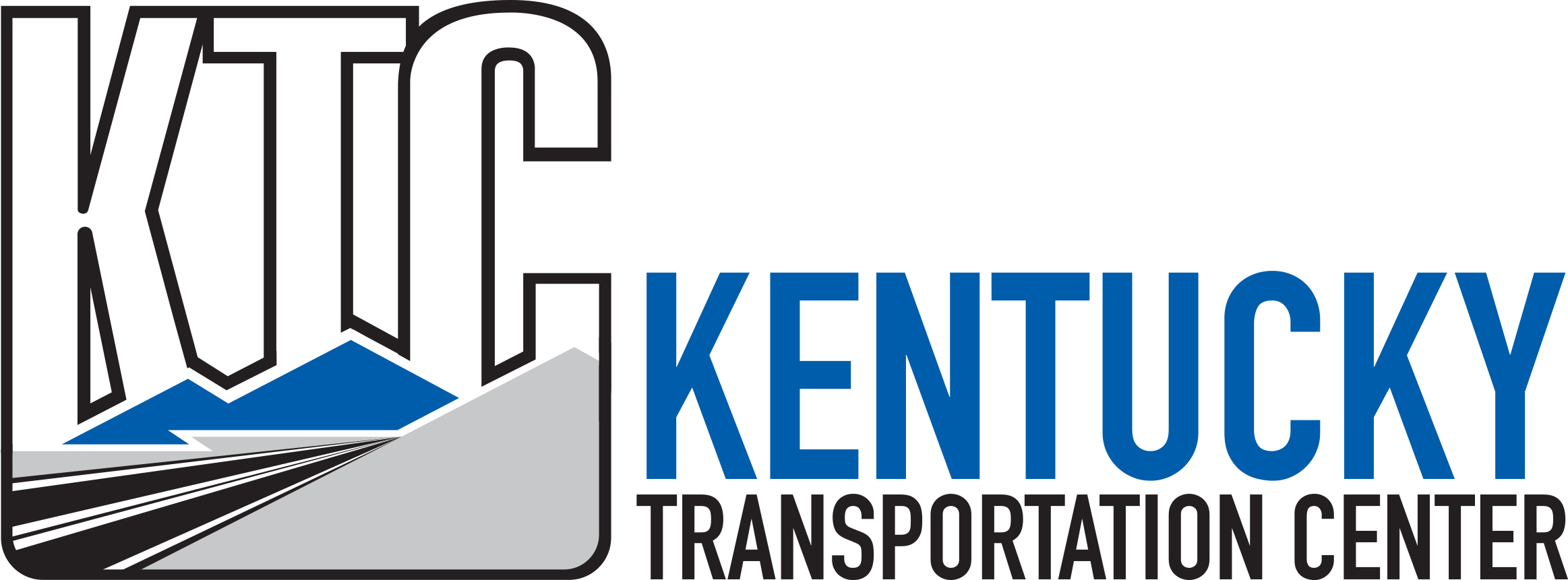Abstract
This report is an evaluation of alcohol enforcement programs conducted by the Louisville, Jefferson County, and Shively police agencies in the Louisville metropolitan area. The following four types of data were collected in order to evaluate the traffic alcohol programs; accident data, arrest and adjudication data, cost-effectiveness, and public opinion data.
Results from the before-and-after comparisons and time-series analysis show alcohol-related accidents decreased significantly during the study period, There was a 34.4 percent reduction in alcohol-related accidents during hours of special enforcement and a 30.4 percent reduction during all hours of the day. Time-series analysis of accident data showed a 27.1 percent decrease during hours of increased enforcement and a 26.1 percent decrease during all hours.
Results from time-series analysis also indicated that the enforcement programs increased the DUI arrest rate by at least 50 percent in each of the jurisdictions studied. Inclusion of the "Slammer Law" as a control variable revealed the proportion of convictions among DUI arrests increased by nearly 449 percent.
Based on costs associated with the program (enforcement, jail costs, and court costs) and benefits (reduced accident costs and DUI fines); the benefit-cost ratio was 2.81 to 5.67 depending upon the basis for accident costs.
The public opinion survey showed strong support for the traffic alcohol programs and 87 percent of the respondents indicated that increased enforcement was an effective means of reducing drinking and driving. In addition, 82 percent of those responding indicated the programs had reduced their chances of an accident.
Report Date
10-1988
Report Number
KTC-88-3
Digital Object Identifier
http://dx.doi.org/10.13023/KTC.RR.1988.03-2
Repository Citation
Pigman, Jerry G.; Agent, Kenneth R.; Hardyman, Patricia L.; Johnson, Knowlton W.; and McCleary, Richard, "Impact Evaluation of the Louisville-Shively-Jefferson County Traffic Alcohol Programs" (1988). Kentucky Transportation Center Research Report. 541.
https://uknowledge.uky.edu/ktc_researchreports/541



Notes
The contents of this report reflect the views of the authors, who are responsible for the facts and accuracy of the data presented herein. The contents do not necessarily reflect the official views or policies of the University of Kentucky, the University of Louisville, nor of the Kentucky State Police. This report does not constitute a standard, specification, or regulation.